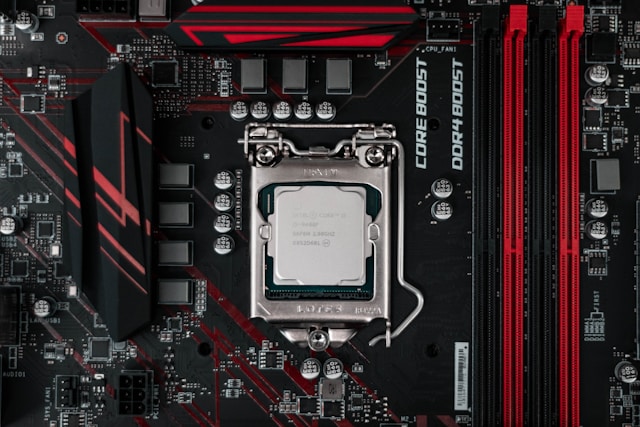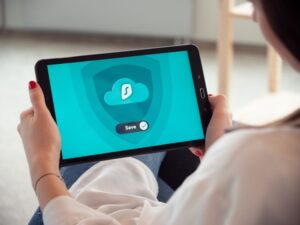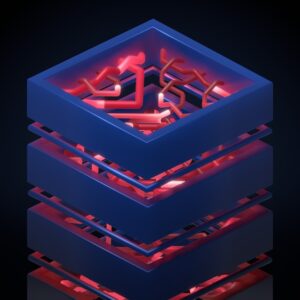Only Industry-Recognized Credential
Performance testing proves pros can think on their feet to perform critical IT support tasks.
Trusted by Employers
CompTIA A+ identifies the go-to person in end point management and technical support roles.
Your IT Journey Starts Here
CompTIA A+ appears in more tech support job listings than any other IT credential.
The CompTIA A+ Core Series requires candidates to pass two exams: Core 1 (220-1101) and Core 2 (220-1102) covering the following new content, emphasizing the technologies and skills IT pros need to support a hybrid workforce:
– Increased reliance on SaaS applications for remote work
– How to remotely diagnose and correct common software, hardware or connectivity problems
– Evolving core technologies from cloud virtualization and IoT device security to data management and scripting
– Multiple operating systems, when to use them and how to keep them running properly
– Reflects the changing nature of the job, including how to assess if it’s best to fix something on site, or send it to a specialized provider
– Help Desk Technician
– IT Specialist Field
– Service Technician
– IT Support Manager
– Business Analyst
– Data Support Technician
– Technical Support Specialist
– Managed Service Provider (MSP) Personnel
– IT Server Technician
Exam Codes: CompTIA A+ 220-1101 (Core 1) and 220-1102 (Core 2)
Candidates must complete both 1101 and 1102 to earn certification. Exams cannot be combined across the series.
Number of Questions: Maximum of 90 questions per exam
Type of Questions: Multiple choice questions (single and multiple response), drag and drops and performance-based
Length of Test: 90 Minutes per exam
Passing Score : 220-1101: 675 (on a scale of 900) | 220-1102: 700 (on a scale of 900)
Recommended Experience: 9 to 12 months hands-on experience in the lab or field
What Skills Will You Learn?
Hardware
Identifying, using and connecting hardware components and devices, including the broad knowledge about different devices that is now necessary to support the remote workforce
Operating Systems
Install and support Windows OS including command line and client support, system configuration imaging and troubleshooting for Mac OS, Chrome OS, Android and Linux OS
Software Troubleshooting
Troubleshoot PC and mobile device issues including common OS, malware and security issues
Networking
Explain types of networks and connections including TCP/IP, WIFI and SOHO
Troubleshooting
Troubleshoot real-world device and network issues quickly and efficiently
Security
Identify and protect against security vulnerabilities for devices and their network connections
Mobile Devices
Install and configure laptops and other mobile devices and support applications to ensure connectivity for end users
Virtualization and Cloud Computing
Compare and contrast cloud computing concepts and set up client-side virtualization
Operational Procedures
Follow best practices for safety, environmental impacts, and communication and professionalism






